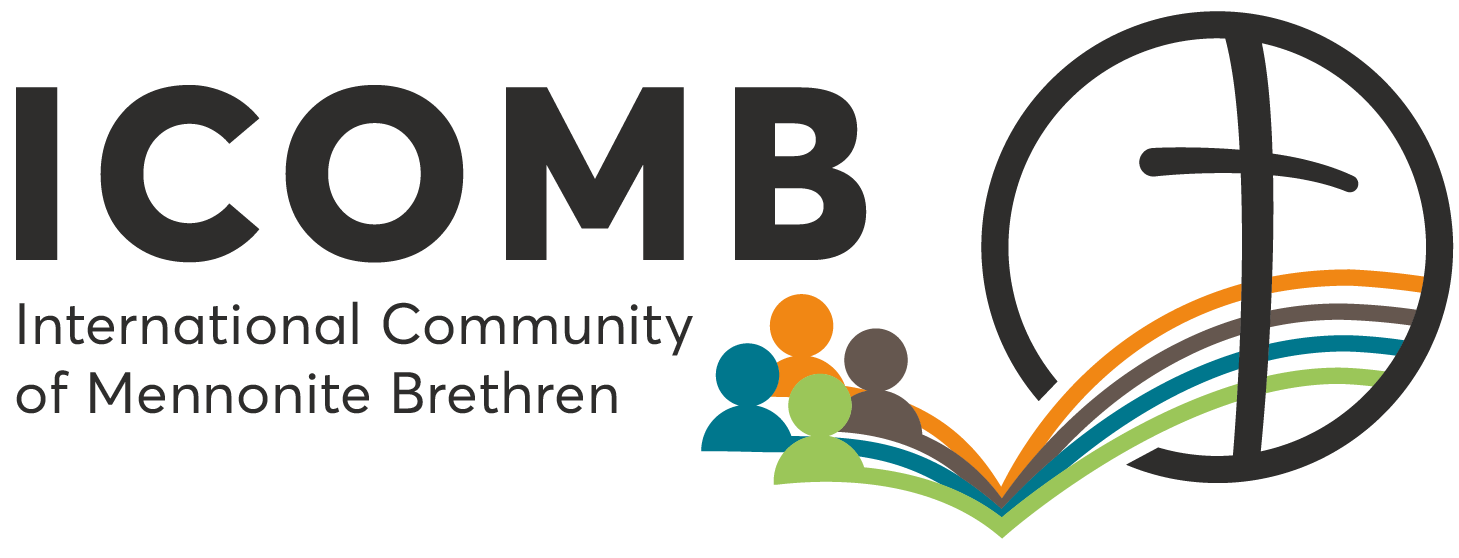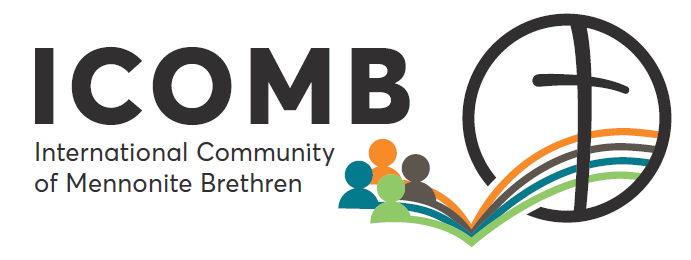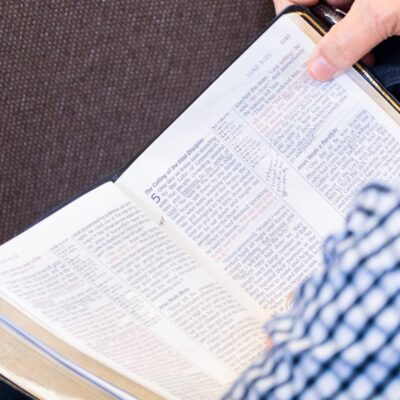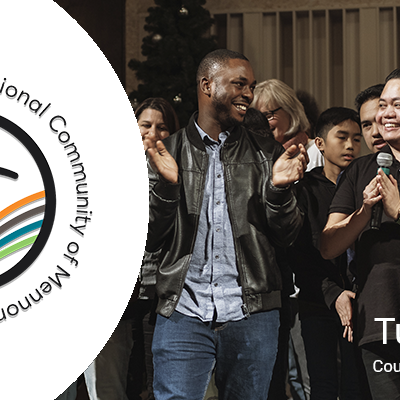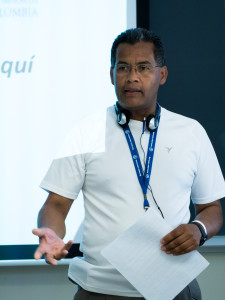
President of Columbia Bible College Bryan Born called me for some “peace lessons” stories coming out of our global family. He wanted them for a lecture this week.
One story comes out of Colombia.
The Colombia MB conference is an example where the church presents a peace witness as a critical component for the gospel.
The church works hard to not ally with any group at all – government, the guerrilla group FARC or any other paramilitary group. Any alliance places them in jeopardy / danger with every other group. This is a practical application of our conviction concerning the “separation of church and state.”
The church helps its members discern how best to act when various groups pressure them. So when the government did a program of ‘fumigating’ (herbicide application) where drugs are grown, FARC (or other drug connected groups) tried to force people to close roads and airports by standing in the way. One community is almost entirely MB, and they were told to close the airport. I don’t know how they managed to deal with this, but the fact that they were not allied with anyone gave them a crack to slip through, and I believe they got away with not complying with that demand.
It takes enormous wisdom and courage to pull something like this off! And a tightly knit community.
North Americans insist on trying to apply (or not) our peace position as individuals. So a classic argument is “what happens in a home invasion” or “what if you’re attacked?” The assumption is we’re alone – we have no one to turn to. Thus we need to be armed so we can defend ourselves. Unfortunately our church life isn’t robust enough so that we can argue a peace position from the point of view of community solidarity.
At Summit 2013 Diego Martinez, president of Colombia Mennonite Brethren conference, asked for prayer because the problem is deeply systemic and as such, a spiritual warfare issue (like Daniel 10). He said there’s government complicity, corruption and collusion; there’s the drug cartels and growers/exporters; FARC which is a resistance army but a possible alternative government, yet tied to the drug trade; and there’s the international countries – notably Canada and the USA – whose ‘war on drugs’ pours money and arms into Colombia, raising the violence stakes without addressing the problem.
The Colombia lesson, for me, is that the peace witness is going to get people in trouble, and article 12 – church and state – is possibly our best informant on where to stand when surrounded by violence: do not ally with anyone – ally only with the Kingdom of God – and stick to it even when threatened….it’s your only hope. And stick together on this – our community values have to be enhanced.
In the “civilized” North, we know nothing of such knife-edge convictions/commitments, but our global faith family does, and sets the standard for us.
One more thing: we hardly ever acknowledge spiritual warfare at this level – usually we apply it to individuals. Daniel, however, was fighting for the resettlement of Israel. His prayer warfare was at the national level. So, where are our spiritual warriors who will pray, agitate, pressure, use government connections, and pray some more (3 times a day, even if a ‘lions den’ awaits!) for the salvation of Colombia (and other countries like it)??? And where are our “peace warriors” who will stand in solidarity with leaders like the Colombia church, and fight for peace convictions at home – wherever ‘home’ might be?
